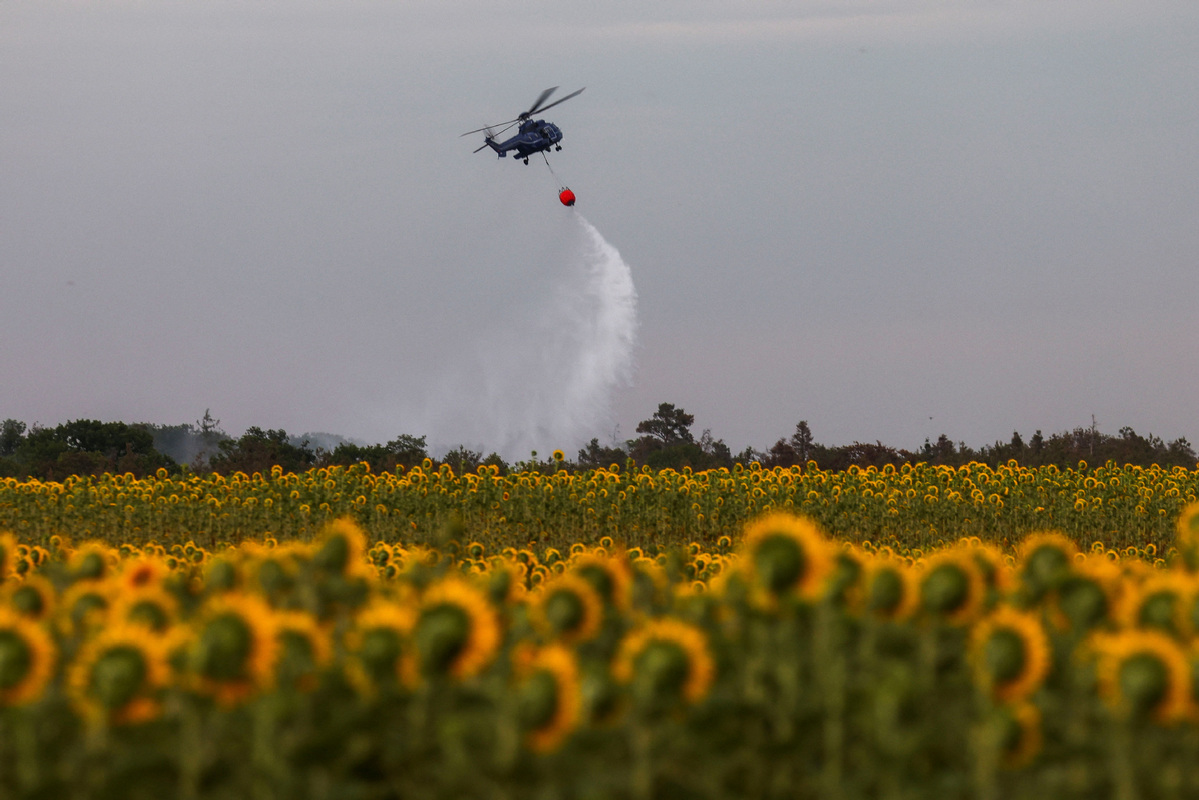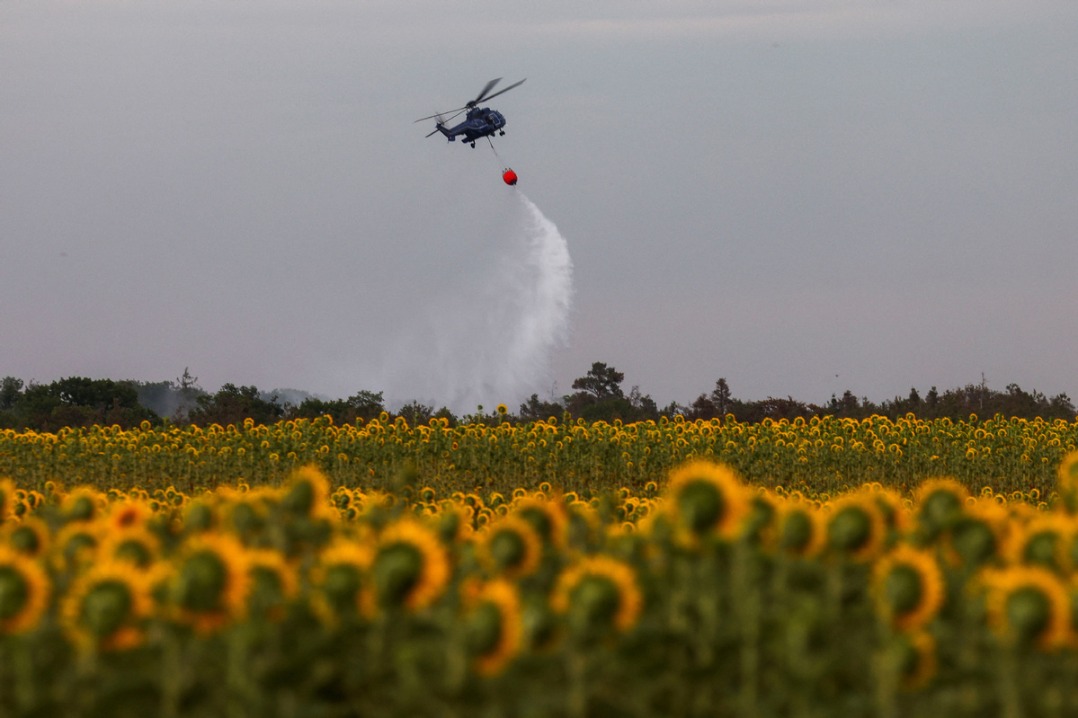Extreme weather 'fuels food price rise'
Report warns climate change may also damage health and cause social unrest


A new study by the Barcelona Supercomputing Center in Spain has pointed an accusing finger — for short-term food price rises around the world and the subsequent impact on inflation — at climate change, with the warning that this could fuel health problems and even social unrest.
The research has been published ahead of the United Nations' Food Systems Summit Stocktake next weekend, when world leaders will gather in Ethiopia to discuss threats to global food supply.
It looks at dozens of examples of climate impact globally, many of those affecting dietary staples. Previous studies had looked at the longer-term impact, but this latest one focuses on immediate effects.
In Ghana and Cote d'Ivoire, two of the world's largest cocoa growers, a combination of drought followed by extreme temperatures across winter 2023-24 saw cocoa's global price shoot up by 300 percent.
In Asia, the study noted how a heat wave in India resulted in an 89 percent rise in the cost of onions, while in South Korea extreme heat pushed up the price of cabbages by 70 percent. Smaller but still significant price rises also occurred in Japan and China, and years of drought in southern Spain saw the cost of olive oil rise by 50 percent last year.
The report's lead author, Maximilian Kotz, told the Financial Times newspaper that such rises "were completely unprecedented from a historical perspective", and he said that the temperatures experienced were "far outside the range of what we would have expected in a stable climate that wouldn't have been influenced by human emissions".
Last week, the latest inflation figures in the United Kingdom were published, with the overall rate being at 3.6 percent, rather than the expected 3.4 percent, and still well above the Bank of England's 2 percent target.
The UK imports a lot of its food, and although prices of some goods had gone down, the overall rate was pushed up by a third consecutive monthly rise in the cost of food, at its highest figure in more than a year.
Kris Hamer, director of insight at the trade association British Retail Consortium, highlighted weather volatility as a major factor, telling the Guardian newspaper "the ongoing impact of the last budget and poor harvests caused by the extreme weather have resulted in prices for consumers rising".
"Until we get to net-zero emissions, extreme weather will only get worse, but it's already damaging crops and pushing up the price of food all over the world," said Kotz.
"People are noticing — with rising food prices number two on the list of climate impacts they see in their lives, second only to extreme heat itself," he added, observing that "high rates of inflation can directly alter election outcomes in modern democracies … It is clear (that) cost of living played a role in last year's election in the United States".

































